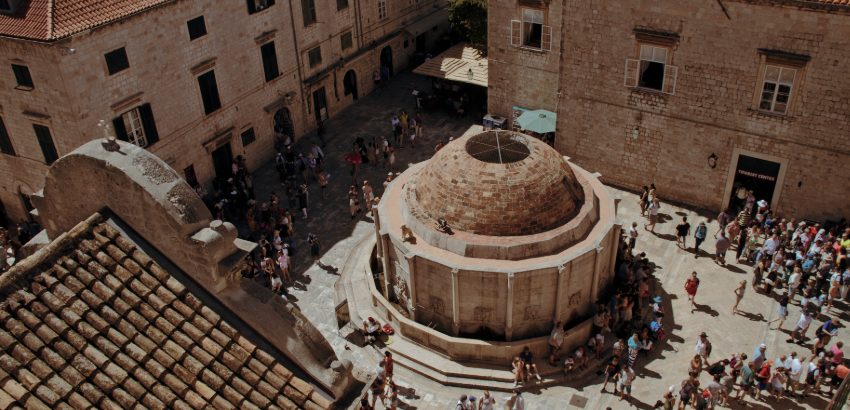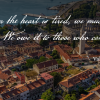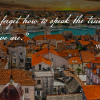
Published: October 15, 1999
View the Original Newsletter: Iskra-44.pdf
About This Issue
In Iskra No. 44, editor Valentina Krčmar and columnist Dr. Davorka Križaj-Kapljić celebrate the enduring strength, unity, and volunteerism of the Croatian-Canadian community. Rather than focusing on politics or divisions, this issue highlights the tireless efforts of everyday people — volunteers, organizers, and cultural leaders — who keep Croatian heritage alive across Ontario.
Through the Motrišta column, Dr. Križaj-Kapljić reminds readers that real progress is built on community work, cooperation, and shared purpose. The issue also covers major milestones, including the opening of Croatia’s first embassy in Ottawa, events in the local diaspora, and reflections on Croatia’s path at the dawn of the new millennium.
Motrišta: Celebrating Work, Not Division
Dr. Križaj-Kapljić begins by urging readers to move beyond political disagreements and focus on what unites them — love for Croatia and commitment to their shared community. Quoting a Croatian Democratic Union (HDZ) official who said, “Some people are our political opponents, but they are not our enemies,” she uses the statement as a call to restore respect and solidarity among Croatians abroad
Iskra-44
.
She pushes back against the claim that the Croatian-Canadian community has grown inactive. Quite the opposite, she argues — volunteers are constantly at work, organizing picnics, pilgrimages, festivals, and fundraisers that require enormous effort and dedication. From Velika Gospa celebrations in Mississauga to the 35th annual soccer tournament and the Carassauga multicultural festival, she paints a vivid picture of community life that never stops.
“It takes an incredible amount of effort — preparing food, selling tickets, parking cars, cleaning up — and all of it done by volunteers. And we dare say nothing is happening?”
Dr. Križaj-Kapljić names individuals like Ružica Kokošarević and gđa. Hajsan as examples of people who devote their time selflessly, sometimes working for multiple organizations at once. Despite exhaustion, she notes, they keep going because the joy of helping others outweighs the fatigue.
The Value of Service
The essay also recognizes the countless smaller clubs and associations — pensioner groups, folklore ensembles, and local HDZ chapters — each contributing in its own way. Whether through organizing cultural events or publishing newsletters like AMCA’s Gaudeamus, each effort reflects a quiet, determined patriotism.
“Our community has not stopped working — it has simply changed form.”
Yet Dr. Križaj-Kapljić emphasizes that more political engagement is needed. She calls for stronger advocacy, particularly in response to misinformation about Croatia in international media. She laments the lack of organized reaction to slanderous statements, urging Croatian-Canadians to revive the activism that once defined them during the Homeland War.
The Kennedy Principle, Croatian-Style
In closing, Dr. Križaj-Kapljić reflects on the meaning of service and sacrifice, comparing the Toronto Croatian community to John F. Kennedy’s famous call to action:
“Ask not what your country can do for you — ask what you can do for your country.”
She believes Croatians in Ontario — from Toronto and Mississauga to Hamilton and Kitchener — embody that spirit through their relentless volunteerism, cultural pride, and generosity. Her final message is one of gratitude and pride: that through every barbecue, dance rehearsal, and festival, Croatians abroad are quietly shaping the moral backbone of their homeland.




